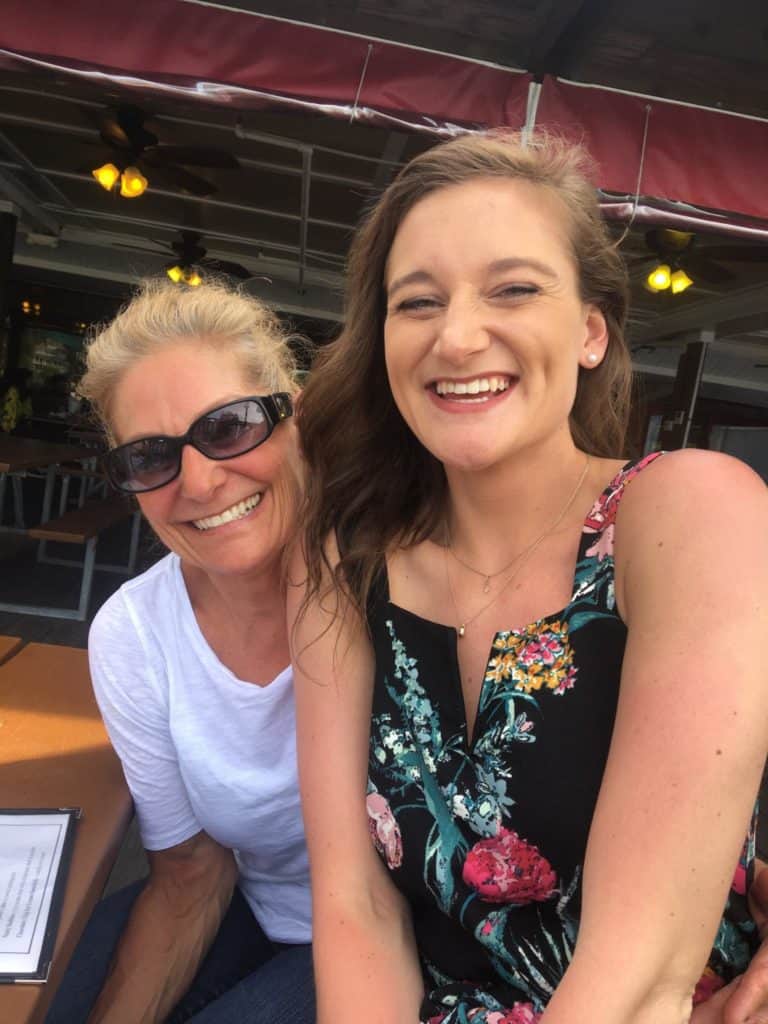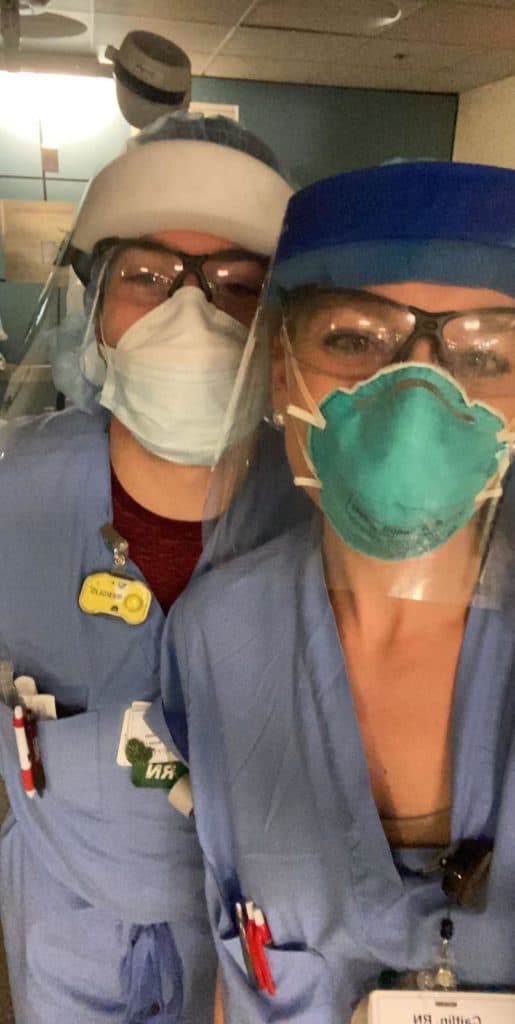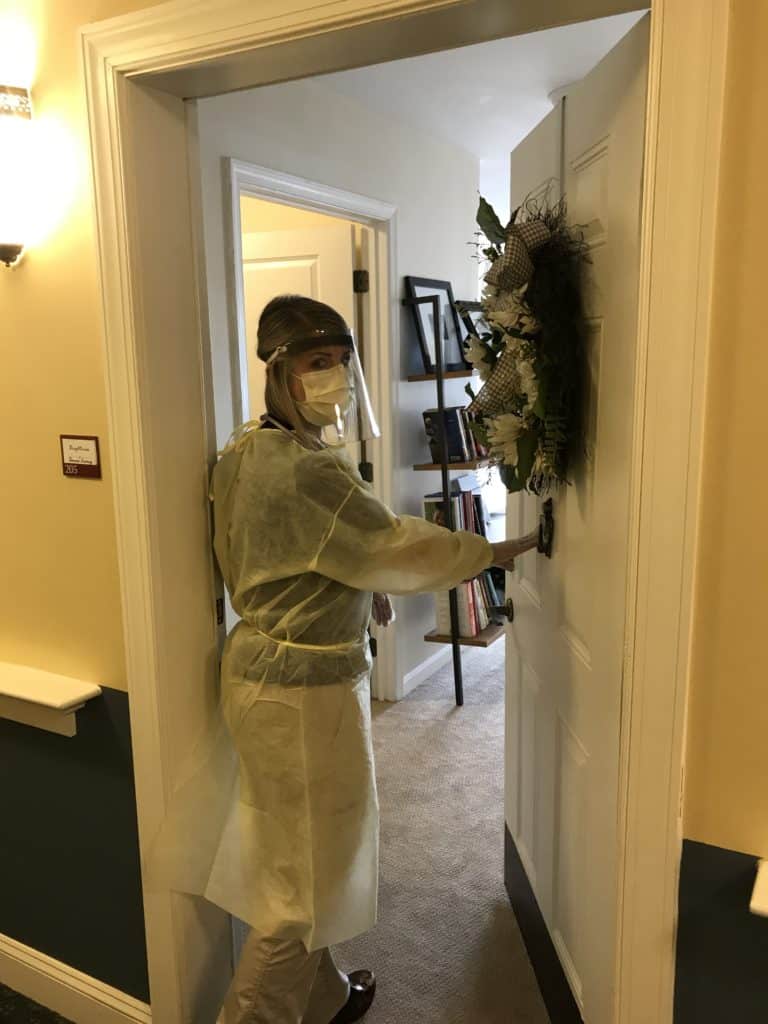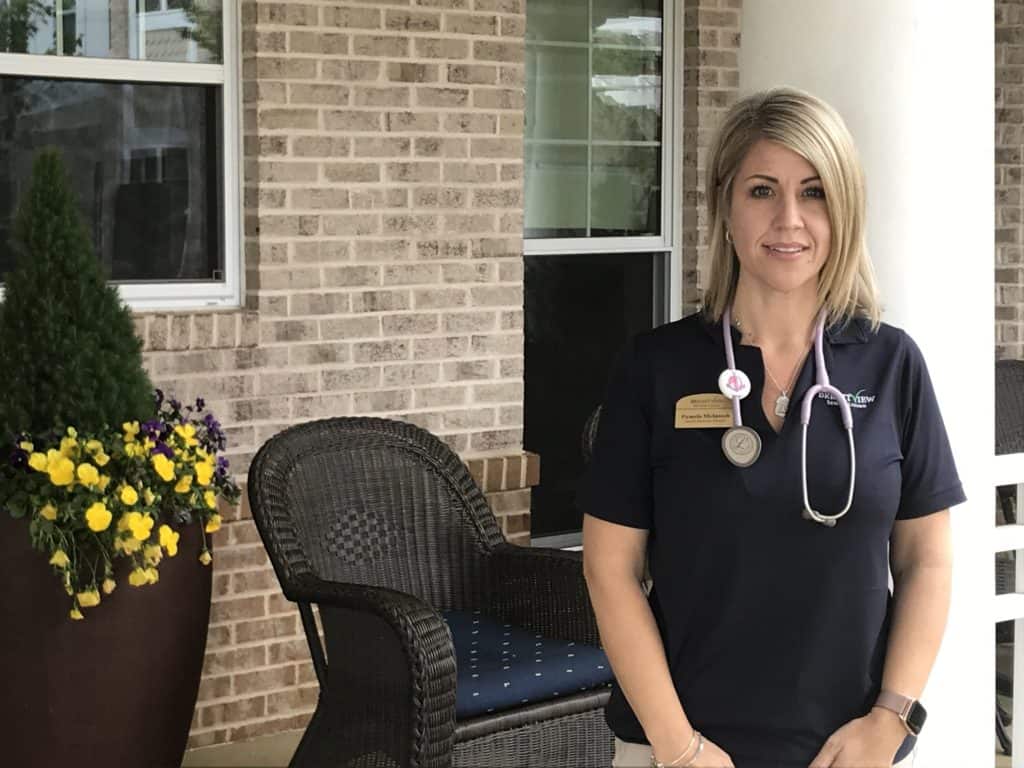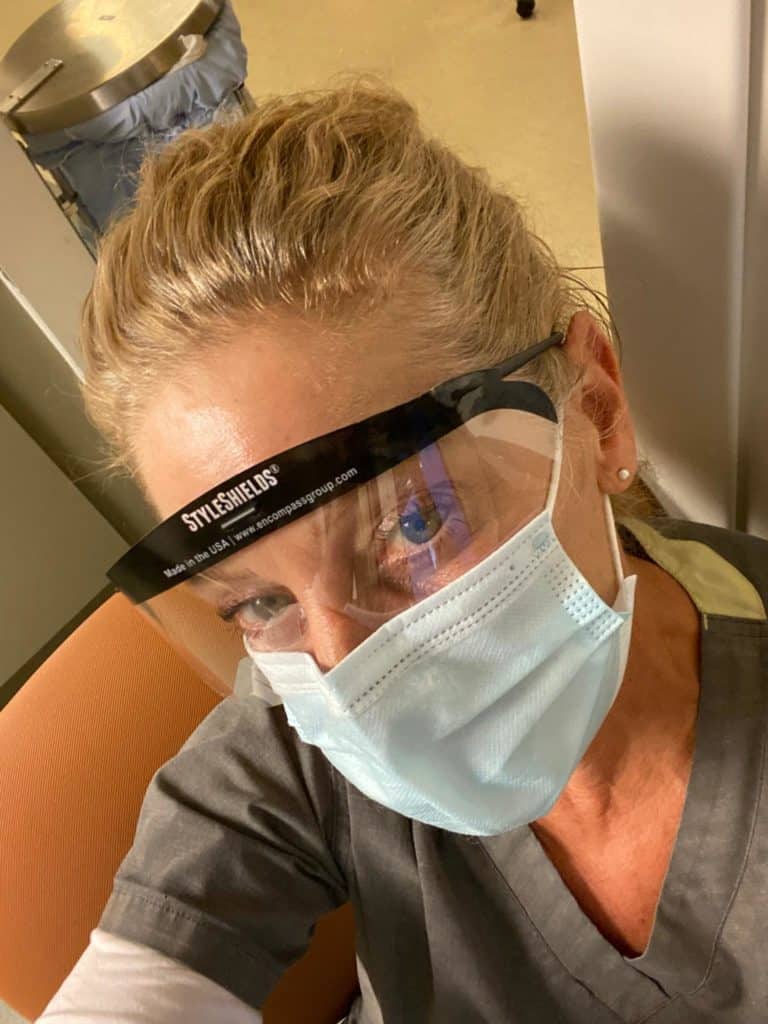Have You Thanked a Nurse Lately?
Honoring those who care for us all
While the majority of our communities stay safe at home, shielded from the coronavirus, nurses and healthcare workers don masks, shields, gloves and full length personal protective gear and go directly into contact with the virus on a daily basis. If there’s ever been a good time to recognize National Nurses Week and Nurses Month (which it is), it’s now.
In 2020, a nurse’s life looks quite different since the days of Florence Nightingale (who was born 200 years ago, May 12). Since the COVID-19 pandemic began, these frontline workers have shifted into overdrive with courage and compassion under the most challenging circumstances.
Whether it is a national health emergency or routine daily care, nurses’ vital contributions impact the health and well-being of our communities, states The American Nurses Assocation, which also honors student nurses and school nurses this month. With so many nurses working hard in our communities, it’s easy to find one to thank.
Those caring for seniors provide a crucial role, as communities for our elderly are hit hard by COVID-19. Pamela McIntosh currently serves as the Health Services Director at Brightview South River where she oversees nurses and caregivers.
McIntosh still sees her residents at Brightview every day. For some of them, she is the closest thing they have to family. “Working critical care in a hospital was enjoyable but it got to the point where I never felt that sense of completion, I didn’t know what happened to the patients I saw,” she says. McIntosh spent part of her nursing career working in neonatal intensive care units and critical care units in the region before transitioning to hospice and long-term care.
“Switching over to working with seniors at an assisted living facility, I have a continuity of care with my patients. I build relationships with them and their families. They are pretty amazing and they are very much our cheerleaders through this,” she says. “I essentially now have 87 grandparents that I care for, very much.”
“We are finding unique ways to help keep our residents safe, healthy and happy,” adds McIntosh. “We are serving happy hour in the hallway in T. Rex costumes and we are teaching them how to FaceTime with their families. We want this community to have a good quality of life, even in a scary time like this.”
McIntosh’s ability to bring comfort in scary times comes as no surprise to those who know her. “I have always been the caretaker in my family. Even my mom tells people that. Ever since I was little, that was my thing.”
Finding a balance remains the challenge for nurses and their families. “We have the same fears as everyone else does,” says McIntosh. “I don’t want to get sick; I don’t want to get other people sick and I don’t want to bring the virus home. Thankfully my family understands that. My children know that we can’t hang out with friends because I can’t expose myself to anything. People on the outside may not understand that kind of stress. Or they think wearing a mask is silly. I think if they could see it firsthand, people would understand why we have to go above and beyond to protect people.”
Like Mother, Like Daughter
Maureen Peters of West River spent 28 years in the emergency room department of Mercy Medical Center in Baltimore. Now she works in interventional radiology, caring for cancer patients.
Maureen’s patients are down to a trickle as staff in the unit was repurposed to help work in the ER and ICU during the pandemic. “As soon as elective surgeries were halted, everyone shifted to a new job essentially.”
“I love my job and I miss my patients,” says Maureen. “Before the pandemic, I would see these patients before, during and after their treatments. They were so grateful that the same person was with them throughout the experience and I was also a conduit for their families. My patients are amazing. They have such a fight in them to get through this disease (cancer).”
Maureen’s nursing career was inspired by the nurses who took care of her brother after a bad car accident when she was young. Now, her daughter Caitlin is following in her footsteps. Caitlin Peters graduated nursing school in May 2019 from Anne Arundel Community College, and by July she was working at Mercy as an emergency department nurse.
“I’ve only been an RN for nine months. When I started a job as a transporter, I noticed the nurses are the ones carrying out the interventions for the patients, and I thought that was really cool,” says Caitlin.
She felt called to work in the ER because of its fast pace. “You are constantly critically thinking and prioritizing your patient’s care. My mom was an ER nurse for 28 years, so naturally I had to show her up.”
But the coronavirus brought with it challenges she couldn’t have imagined nine months ago.
“Everything about this pandemic is the toughest part of my job right now. I don and doff my PPE (personal protective equipment) constantly. Wearing an N95 mask all day can cause a significant amount of fluid loss from the body, leaving you dehydrated and exhausted, especially if you have a critical patient. It’s a guarantee that you’ll be in that patient’s room in full PPE for hours.”
For Pamela McIntosh as well as Maureen and Caitlin Peters, the distractions of the pandemic haven’t pulled their attention away from their role as caregivers. Nurses remain a valuable, vital lifeline for patients and families.
“Nurses are the ones that are holding up the cell phone to send photos of patients to their families. They are the ones talking to the families who can’t be with their loved ones,” says Maureen.
Both families are looking forward to Mother’s Day, albeit in a different way from years’ past. “We are actually going to just hunker down at home and play with our new puppy,” says McIntosh.
The Peters duo are not alone in the family business of nursing. McIntosh’s daughters are also interested in fast-paced frontline careers.“One wants to be a police officer like her father and the other who turns 18 soon, wants to be a nurse practitioner,” she says.
For the Peters family, Mother’s Day will probably include a phone call and a hello at “the office,” as one starts a shift as the other is leaving. “I go to bed just as she is getting to work,” says Maureen.
Caitlin takes lessons from her mom with her on each emergency room shift. “My mom always told me that the ER can be a harsh environment and can make someone jaded. She reminds me that everyone is someone’s son or daughter and it restores my compassion, no matter the circumstances.”

